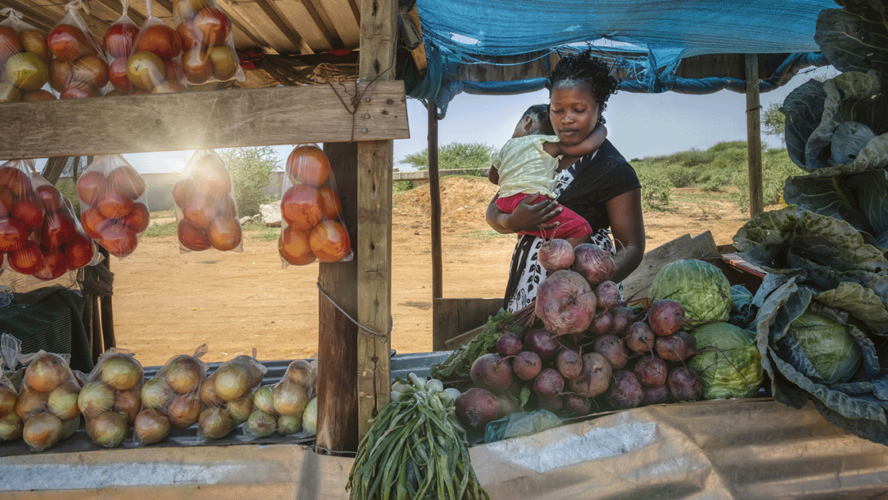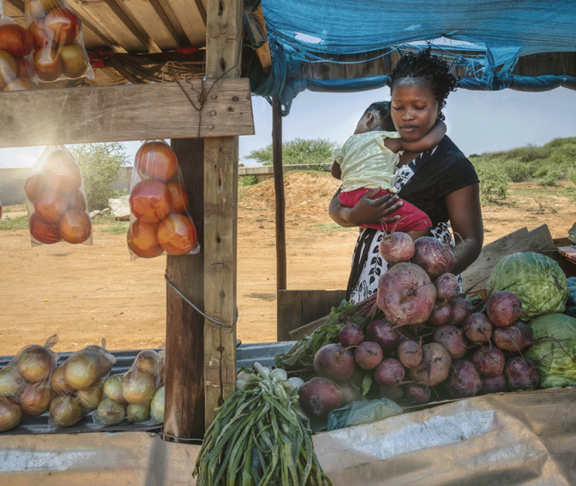
Zacharey Carmichael
Economist, The World Bank
To avoid the worst of food and nutrition crises, preparing and planning are key ingredients.
According to the 2023 Global Report on Food Crises, 258 million people across 58 countries/territories are facing acute food insecurity, marking the fourth consecutive year this figure has increased. The goal of achieving zero hunger by 2030 seems more distant every year, and people around the world face a litany of challenges that threaten their food and nutrition security and drastically impact their quality of life.

Responding earlier to food and nutrition security crises
To promote greater preparedness for food and nutrition security crises, The World Bank – in collaboration with the Global Alliance for Food Security and its partners — is supporting countries in developing and operationalising Food Security Crisis Preparedness Plans (FSCPPs).
These are nationally led plans that define what constitutes a major food and nutrition security crisis. They explain how crisis risks are monitored and identified, and detail step-by-step protocols for mobilising additional funding and scaling up early action among government, humanitarian and development partners.
The plans are guided by seven key principles: (1) Government-owned and led; (2) Focused on major food and nutrition security crises; (3) Evidence-based; (4) Pre-arranged operations and timely; (5) Holistic (government, humanitarian and development); (6) Do no harm; (7) A living document, which is updated regularly.
The goal of achieving zero hunger by
2030 seems more distant every year.
Collaboration at country-level in Somalia
Plans are being rolled out in 26 countries including Somalia, which has faced one of its worst droughts in a decade, causing widespread crop failures and livestock deaths. Building on past lessons and recognising the importance of more proactive and early responses that can save lives, livelihoods, and resources, the Somalia plan is expected to be completed by the end of 2023.

Tailored plans suited to each country
The Food Security Crisis Preparedness Plans will be tailored to individual country needs and regularly updated. This includes incorporating lessons learned; strengthening collaboration among humanitarian and development partners; improving the capacity of government agencies.
These plans enable emerging crises to be identified and linked with earlier and more predictable action to prevent further setbacks to a country’s development. Such efforts complement longer-term investments that tackle the root causes and can get us back on track to achieving a world without hunger.

